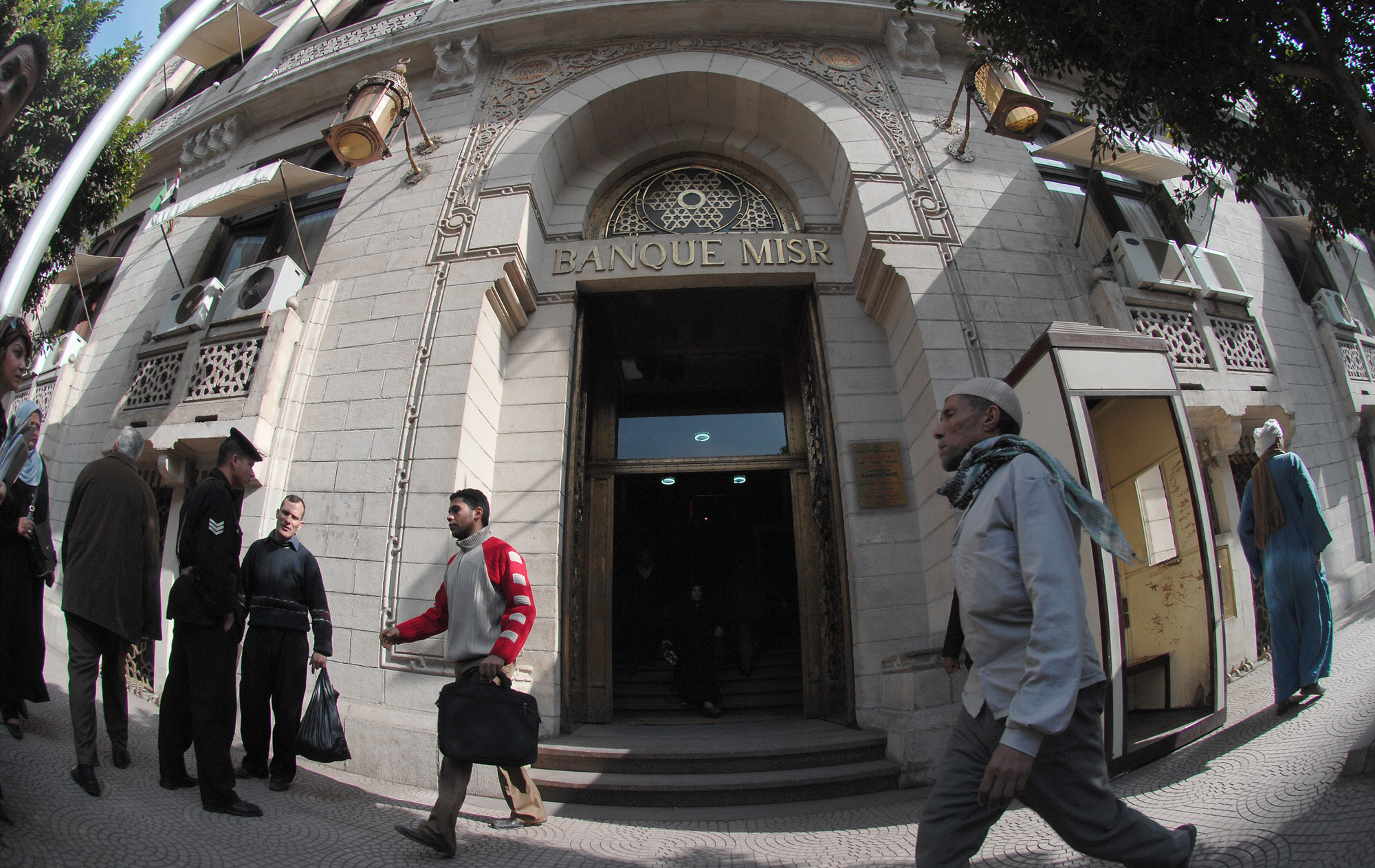Ahead of the 16th BRICS Summit in Kazan, Russia, from 22 to 24 October, the TV BRICS International Media Network has launched an Arabic version of its news portal, expanding its operations to include the Arab-speaking world.
The launch of the Arabic portal follows the addition of Spanish earlier this year, making Arabic the sixth working language of TV BRICS, joining Russian, English, Chinese, Portuguese, and Spanish.
“TV BRICS, as a member of the organising committee for Russia’s BRICS presidency in 2024, is focusing on strengthening cooperation among member countries in the field of media communications,” said Janna Tolstikova, CEO of the TV BRICS International Media Network. “Since January, we have partnered with more than 20 new media outlets, bringing the total to over 70. Given the growing interest from Latin America and the Arab world, we have started full-scale work in both Spanish and Arabic.”
The Arabic portal follows the same structure as TV BRICS’ other language versions, offering international news, articles, and interviews. The portal will also include projects designed to introduce the BRICS+ countries and bring together expert communities. The editorial content is developed in collaboration with the network’s media partners.
In the near future, TV BRICS also plans to establish a separate Arabic-language TV broadcasting branch.
In October 2024, TV BRICS launched the BRICS & G20 media project across all six languages. This project features a series of video stories and exclusive interviews ahead of the BRICS and G20 summits, which will be held in Russia and Brazil, respectively. The project involves representatives from government institutions, public figures, academics, journalists, and experts from Brazil, Russia, India, China, South Africa, Iran, and Ethiopia.
TV BRICS will be present in Kazan to cover the BRICS Summit, with coverage set to include the best films and programmes from international partners during the week of October 21-27, 2024. Viewers will have the opportunity to explore projects on Chinese cuisine, Indian traditions, Brazilian agriculture, Russian small towns, and Venezuela’s scientific achievements.
“We have also prepared extensively for the summit in Kazan, launching special editorial projects and broadcasting the best films and programmes from various countries,” said Tolstikova. “Now, our focus is on supporting the meeting of state leaders in Russia, with plans to sign several media cooperation agreements at the summit.”


